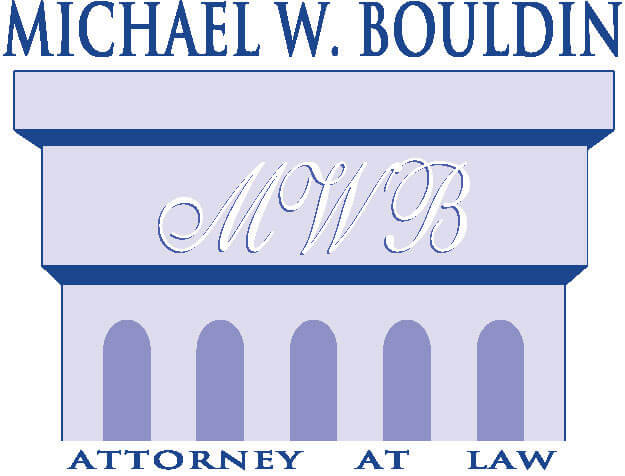The biggest divorce complaint is that one (or both) parties believe that their spouse is a narcissist. While many people have narcissistic traits, relatively few are diagnosed with having narcissistic personality disorder.
For a medical diagnosis, the primary symptoms include an excessive need for admiration, disregard for others’ feelings, an inability to handle any criticism, and a sense of entitlement. Generally there are a few traits that are common and that may lead to diagnosis.
- Sense of Entitlement. A common sign of people with narcissism is the belief that they are superior to others and deserve special treatment. They believe that others should be obedient to their wishes and that the rules don’t apply to them.
- Manipulative Behavior. Another common trait of narcissism is manipulative or controlling behavior. A narcissist will at first try to please you and impress you, but eventually, their own needs will always come first. When relating to other people, narcissists will try to keep people at a certain distance in order to maintain control. They may even exploit others to gain something for themselves.
- Need for Admiration. One of the most common signs of a narcissist is a constant need for praise or admiration. People with this behavior need to feel validation from others and often brag or exaggerate their accomplishments for recognition. They also like to feel appreciated to boost their ego.
- Lack of Empathy. Lack of empathy is another sign of narcissism. This means that the narcissist is unwilling or unable to empathize with the needs, wants, or feelings of other people. This also makes it difficult for them to take responsibility for their own behavior.
- Arrogance. People with narcissistic behavior already see themselves as superior to others, so they may become rude or abusive when they don’t receive the treatment they think they deserve. While they hold themselves superior, they may speak or act rudely toward those that they deem are inferior.
Dealing with Narcissism in Divorce
Use of Professionals. Often your attorney may be of assistance in dealing with the soon-to-be ex spouse. The attorney can run interference and direct that communication be made through counsel instead of the bullying or demeaning behavior that has become the norm. An attorney may give practical advice or refer the client to a mental health professional to give tips and advice on how to handle various situations.
Recognition. In the early stages of divorce, it often feels like the other spouse lacks empathy. This often arises out of anger and resentment instead of a true lack of empathy. Also, just because the individual lacks empathy for their spouse (or ex-spouse) does not mean that they lack empathy for all other people.
Change Dynamics. If you recognize that you’re in a relationship with a narcissist, you can change your dynamic in the relationship and challenge your partner to alter how they view you and your relationship. It is possible to change the way your partner looks and you and to help mitigate some of the effects of narcissistic behavior.
Effective Negotiation. The attorney may also give advice on how to negotiate a successful divorce resolution. Trying to make the narcissist believe that he/she came up with agreement or solution is a key to negotiating. If the narcissist, who may believe they are right, can craft the terms, they are much more likely to accept those terms and abide by the agreement. If they feel forced, or a judge makes a decision with which they do not agree, the animosity often increases and relationship may worsen.
If you have concerns about your spouse and dealing with a narcissist through your divorce, speak with an attorney with experience handling difficult cases. For consultation in Northern Kentucky, contact Michael Bouldin by filling out information or call 859-581-6453 to schedule.


